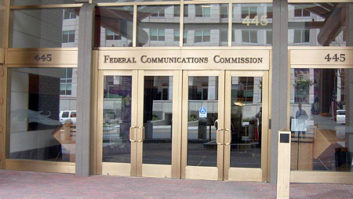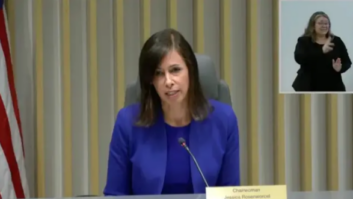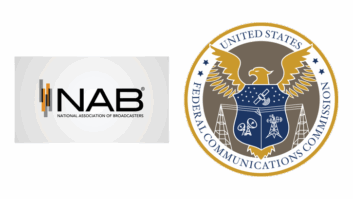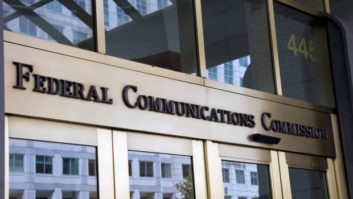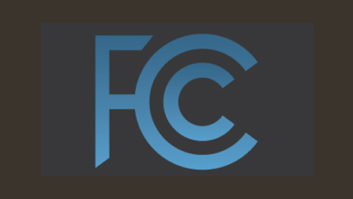The Federal Communications Commission has established new sponsorship ID requirements. They require U.S. radio and TV stations to disclose when foreign governments lease air time.
All four commissioners voted to approve.
“The order increases transparency, ensuring audiences are aware when a foreign government, or its representatives, uses the airwaves to persuade the American public,” the commission said in its announcement.
Now, when a broadcaster leases time, they will need to ask the “lessee” if they or their programming are from a foreign governmental entity.
“If the answer is yes, a sponsorship identification will need to be placed on air and documented in the station’s public file,” said Acting Chairwoman Jessica Rosenworcel.
“If the answer is no, a broadcaster will need to independently verify the lessee using the Foreign Agent Registration Act website from the Department of Justice and the FCC’s semi-annual foreign media outlet reports.”
NAB opposition
The National Association of Broadcasters was against the move in this form.
NAB General Counsel Rick Kaplan blogged a few days ago that while the change is well-intended, it is too broad and would put a new substantial burden on broadcasters who enter into lease agreements with all program sources “to determine whether they are dealing with a foreign government in the first place.”
In his comments before the vote, Kaplan said “hundreds if not thousands” of stations would be “mandated to undertake steps to prove in advance they are not dealing with foreign governments, even when they each know with certainty they are not.”
He said there’s no evidence of a “groundswell of foreign propaganda” on the U.S. airwaves or that stations are confused about the origins of what they air. And he added that it’s unfair that broadcasters need to take such steps when foreign entities can communicate freely with Americans via social media.
Rosenworcel: “This is simple”
But the FCC believes that foreign governmental entities are increasingly purchasing time on domestic broadcast stations.
Rosenworcel said, “We know that foreign entities are purchasing time on broadcast stations in markets across the country, including Chinese government-sponsored programming and Russian government-sponsored programming right here in our nation’s capital.”
She said this is not only a recent phenomenon.
“During the last several years, press reports about the presence of this programming have multiplied. Moreover, Congresswoman Anna Eshoo wrote this agency eight times to demand that it do something to shed light on the use of our airwaves by foreign government actors. Today’s decision is a testament to her perseverance. It is also a statement about national security and the preservation of our democratic values.”
Specifically, the order requires disclosure for broadcast programming aired through a leased airtime agreement sponsored by any entity or individual that is a foreign government, a foreign political party, an agent acting on behalf of such entities, or a U.S.-based foreign media outlet based on definitions drawn from the Foreign Agents Registration Act of 1938 and the Communications Act of 1934.
The order also adopts a requirement that a station airing foreign government-provided programming pursuant to a lease agreement must include such disclosures in its Online Public Inspection File.
In a statement after the vote, NAB Senior Vice President of Communications Ann Marie Cumming emphasized that NAB “supports the FCC’s goal of ensuring that the public understands when it listens to or views programming supplied by foreign governmental entities” but wanted to avoid creating burdens “for the vast majority of broadcasters that do not air this content.”
“Even though we do not believe the commission ultimately achieved this aim, we greatly appreciate the efforts of Commissioners Carr and Simington to avoid undue regulatory burdens, and the efforts of the Media Bureau to constructively engage with us throughout this proceeding.”
